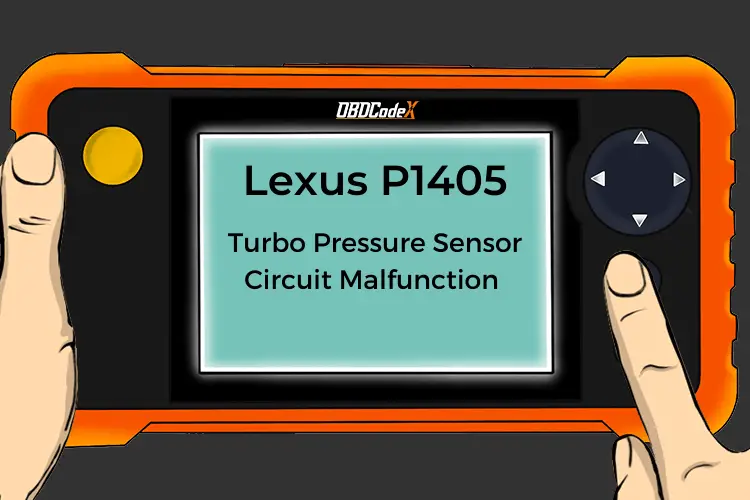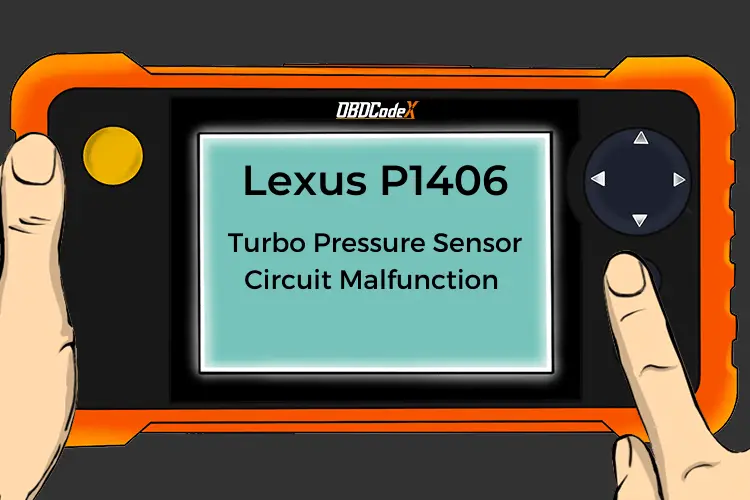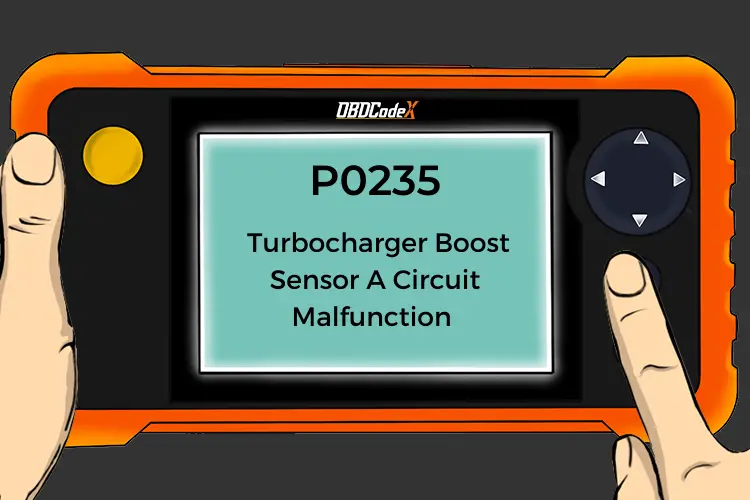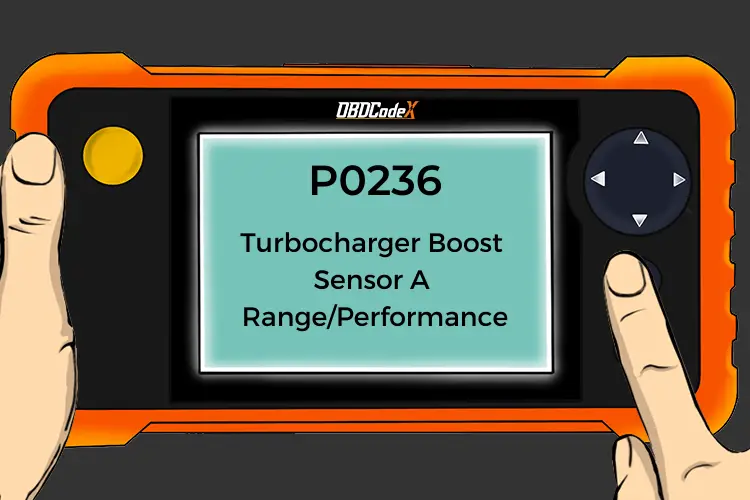P0242: Turbocharger/Supercharger Boost Sensor "B" Circuit High Input
Is your scanner showing P0242?
No worries. We'll show you what it means and how to deal with it.
P0242: Turbocharger/Supercharger Boost Sensor "B" Circuit High Input
OVERVIEWWhat Does The P0242 Code Mean?
This is a generic powertrain diagnostic trouble code (DTC) applicable to all vehicles equipped with a turbocharger. Vehicle makes may include but are not limited to VW, Dodge, Mercedes, Isuzu, Chrysler, Jeep, etc.
The powertrain control module (PCM) uses a boost control solenoid to control the amount of boost pressure generated by the turbocharger. The PCM monitors actual pressure with a turbocharger boost pressure sensor. For me to help you understand this code I will first need to explain how a boost pressure sensor works.
The turbo boost sensor is a variable resistor. The PCM supplies a 5 volt reference signal to the boost sensor. When boost pressure is low the resistance of the sensor is high so only a small percentage of the reference signal returns to the PCM. As pressure increases, resistance decreases so more of the reference signal returns to the PCM. The PCM uses this variable voltage to calculate actual boost pressure. Zero boost pressure equals about .5 volts, maximum boost reads about 4.5 volt.
DTC P0242 is set when the PCM sees a “B” boost pressure voltage greater than 4 volts at a time when no boost is being commanded.
What Are The Symptoms Of The P0242 Code?
When P0242 is set the PCM will turn on the check engine light and substitute a generic value for actual boost pressure and ignore the sensor. When the PCM is substituting a generic value for the boost pressure it also limits the amount of boost and dynamic fuel timing to a minimal amount. This condition is sometimes referred to “limp home” mode and is most noticeable by a serious lack of acceleration.
Because of the increased risk of catalytic converter damage the condition causing this code should be corrected as soon as possible.
What Are The Potential Causes Of The P0242 Code?
Potential causes for this code to set are:
- DTC’s related to intake air temperature sensor (IAT), engine coolant temperature sensor (ECT), or 5 volt reference
- Intermittent wiring problems
- Faulty boost sensor “B”
- Short circuit to voltage on sensor circuit
- Faulty PCM
How Can You Fix The P0242 Code?
If there are any other of the above listed DTC’s present they MUST be corrected before diagnosing P0242.
A good starting point is always to check for technical service bulletins (TSB) for your particular vehicle. Your issue may be a known issue with a known fix put out by the manufacturer and can save you time and money during diagnosis.
In my experience I have seen several incorrect diagnosis because the technician failed to head this seemingly simple warning. Intermittent problems can be a technician’s worst nightmare, but one simple way to locate a faulty connection at or near a sensor is to do a wiggle test. With the engine running, grab ahold of the wiring harness and wiggle a tug on it. If you can recreate the fault condition you will need to look carefully at connections at the sensors in that harness. You don’t need to pull hard, just enough to make it move around or “wiggle”.
With a digital volt ohm meter you can check several things that might lead you to the source of the problem. With the boost pressure sensor “B” unplugged, key on engine off (KOEO) measure the amount of voltage going to the input side of the boost sensor. Should be 5 volts, if not suspect faulty PCM. If voltage is good, reconnect the boost sensor and measure voltage at the opposite side of the connector. KOEO voltage should be about .5 volts, if not suspect a faulty boost sensor.
Do not use an incandescent test light to test anything in the boost sensor circuit!
Recommended Parts
Below are some recommended auto parts to help you address the trouble code affecting your vehicle and get it running smoothly again:
>>> Mean Mug Auto 81514-192019A Air Charge/Intake Temperature Sensor (IAT Sensor)
>>> ECT Sensor
>>> Turbocharger Boost Sensor Compatible With Audi
>>> ECU
Note: During the purchasing process, please check carefully whether the part you want to buy fits your car!
Reference Sources
ENGINE CONTROL SYSTEM [GASOLINE ENGINE (V-6)] SERVICE MANUAL for P0242 – Pages 504-507.




